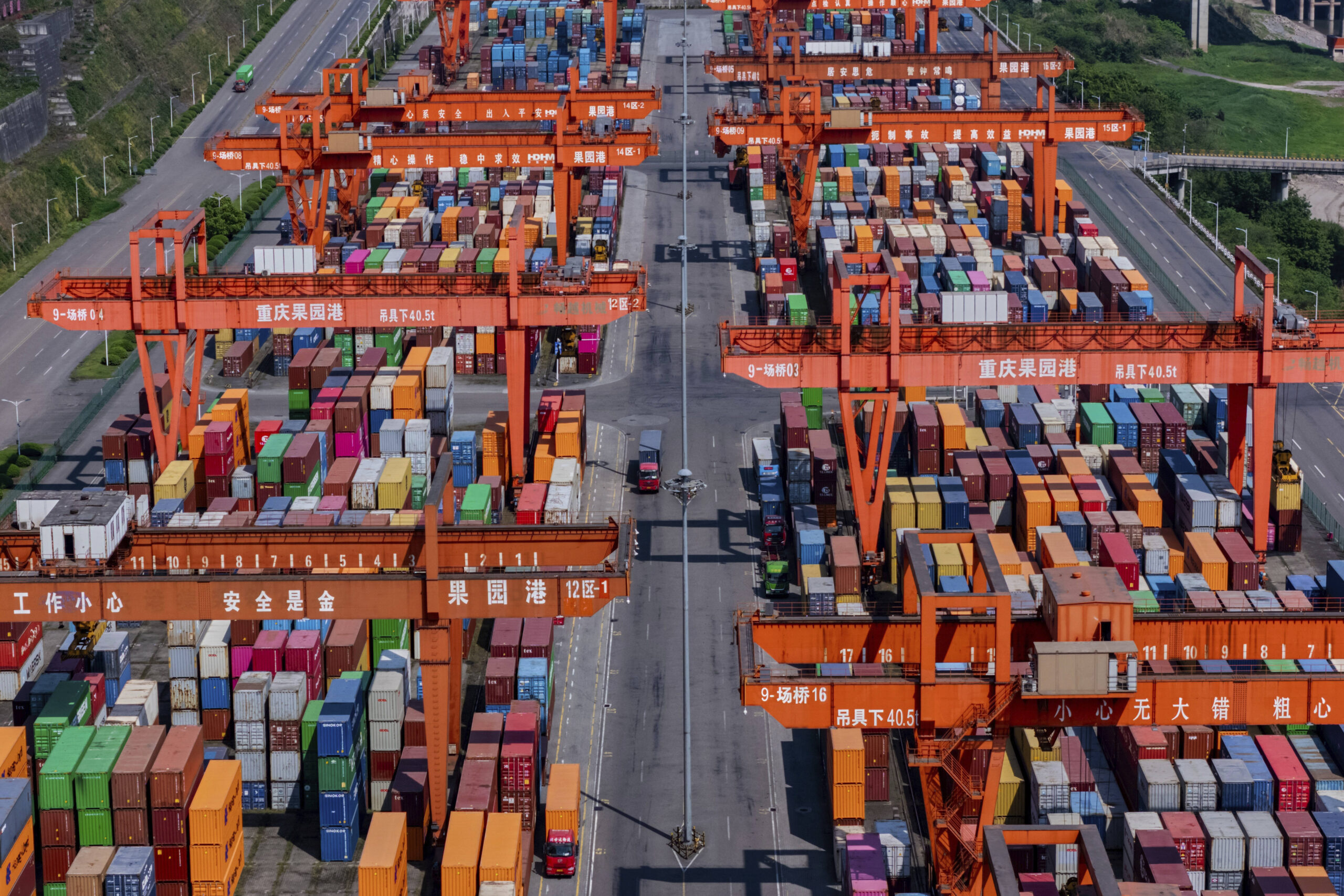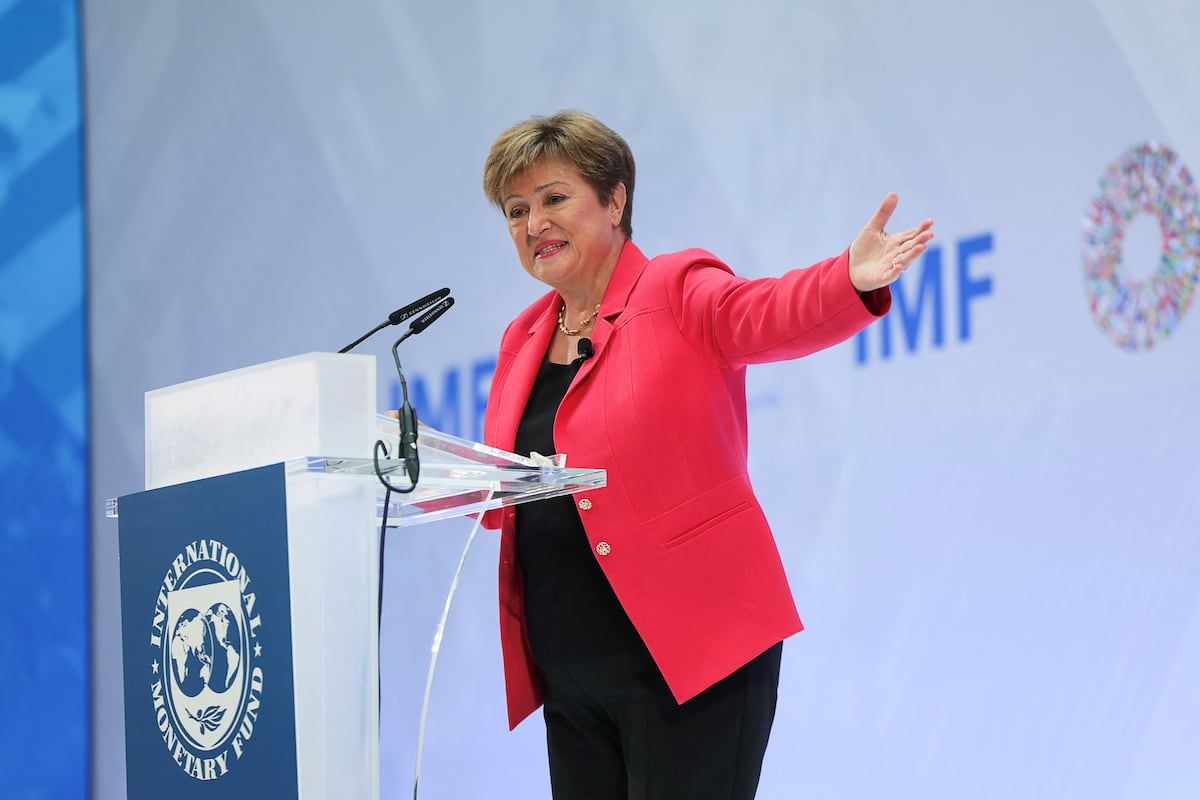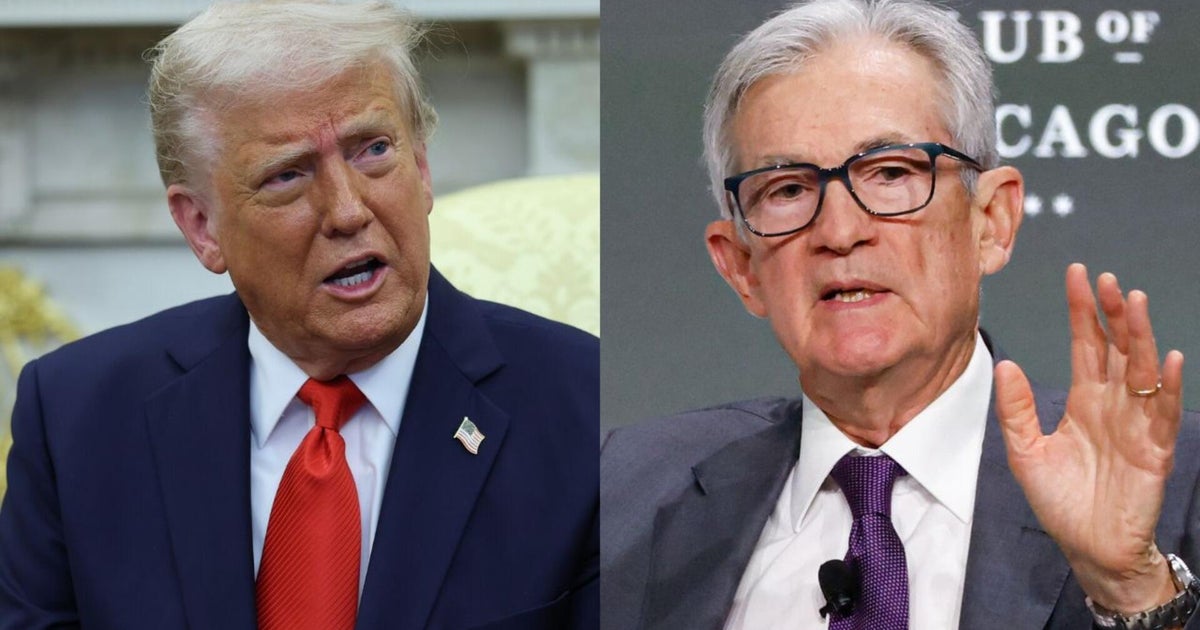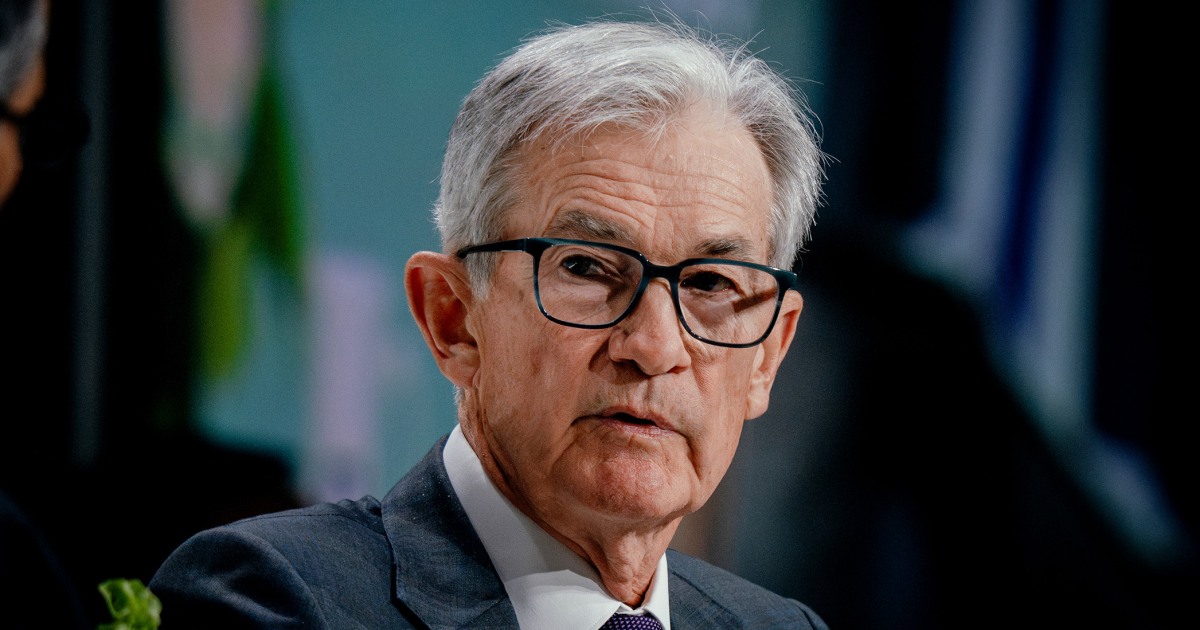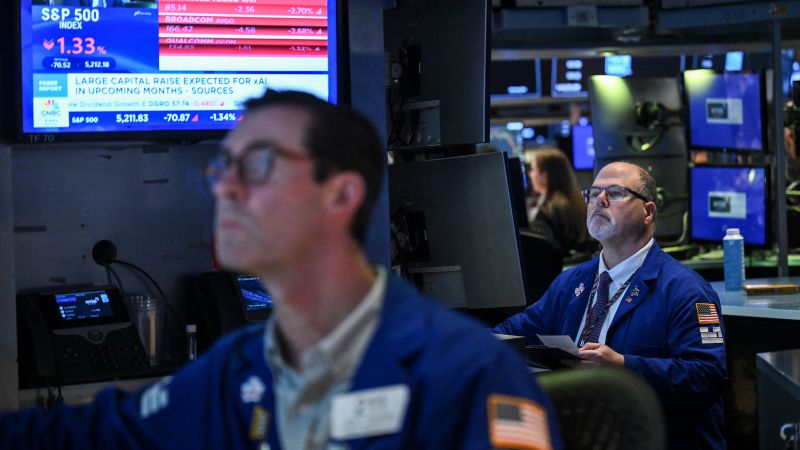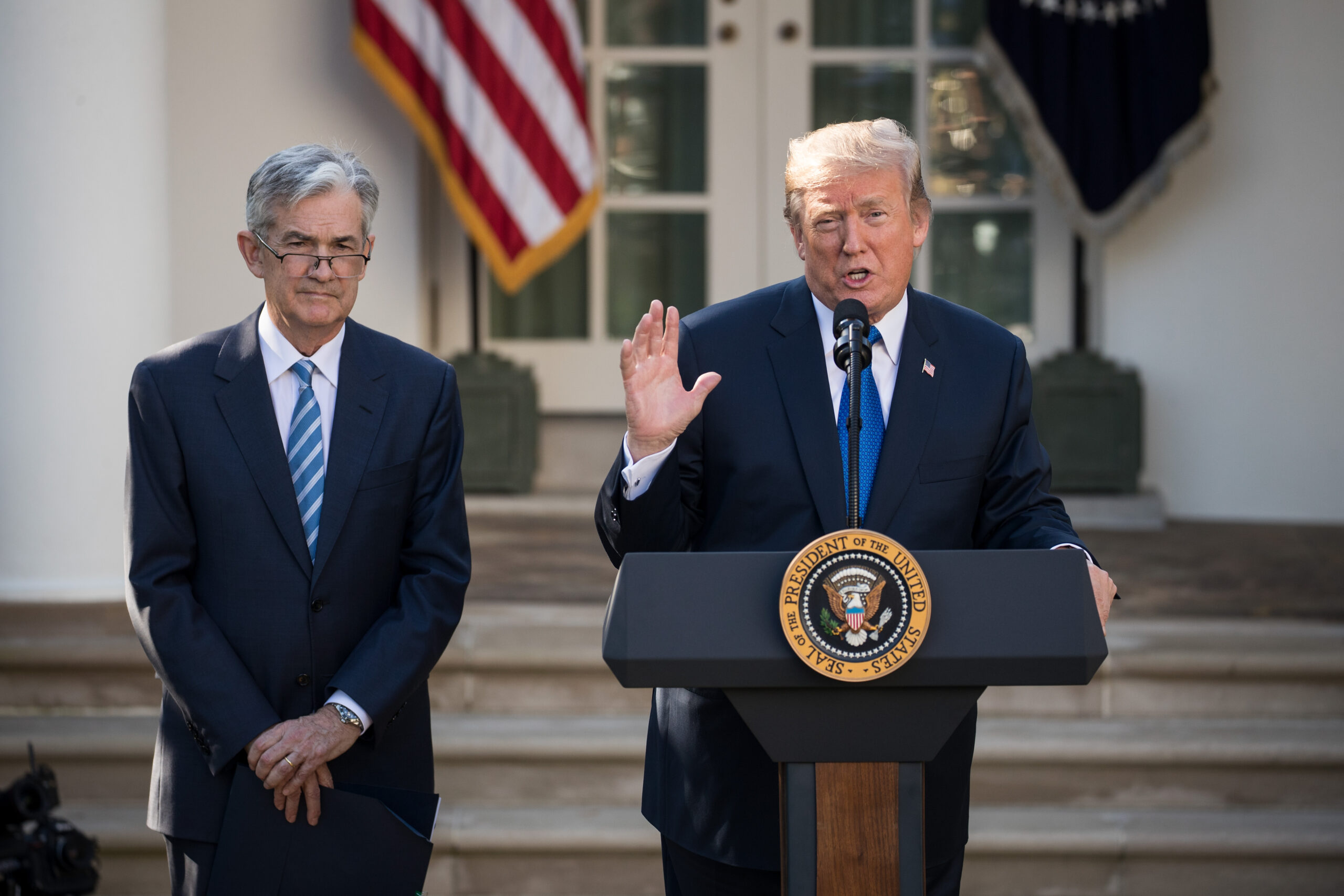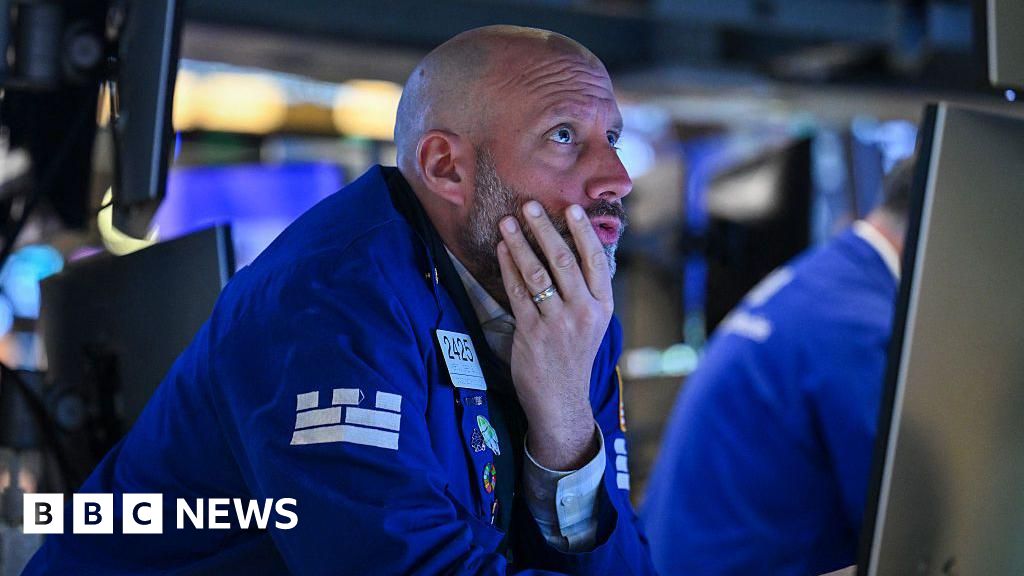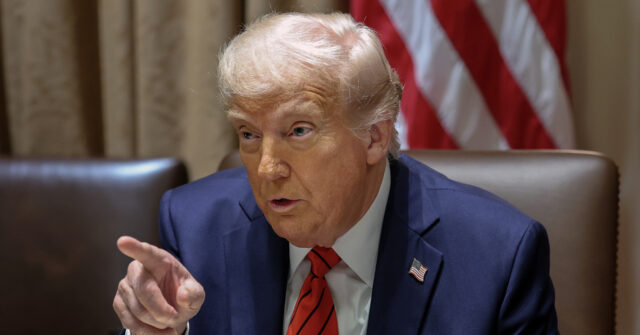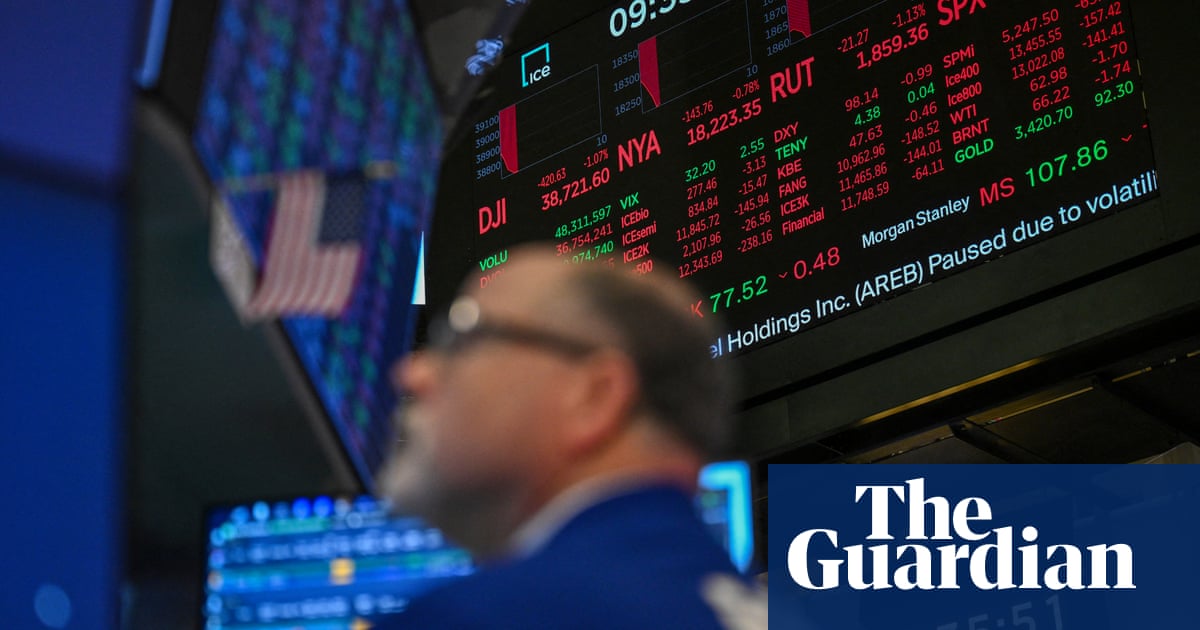Global Economic Growth Forecast Deteriorates Amid Trump’s Tariffs
The IMF downgraded U.S. and global economic growth forecasts, citing rising recession risks linked to ongoing trade tensions and tariffs.
Subscribe to unlock this story
We really don't like cutting you off, but you've reached your monthly limit. At just $5/month, subscriptions are how we keep this project going. Start your free 7-day trial today!
Get StartedHave an account? Sign in
Overview
U.S. stock markets saw a sharp decline earlier this week, aggravated by President Trump's ongoing criticisms of Federal Reserve Chair Jerome Powell. The IMF has significantly downgraded the economic outlook for the U.S., now expecting growth of just 1.8% this year versus 2.7% previously, with recession probabilities now at 37%. Additionally, global growth is projected to slow down to 2.8%, a notable decline from earlier forecasts. The tariffs imposed have increased uncertainty, prompting cautious investment behavior. Despite a minor market rebound on Tuesday, analysts express concern over the long-term impacts of these trade policies.
Report issue

Read both sides in 5 minutes each day
Analysis
- U.S. stocks and the dollar have seen significant declines as President Trump intensifies his attacks on Federal Reserve Chair Jerome Powell, labeling him a 'major loser' for his handling of interest rates.
- Trump's calls for pre-emptive interest rate cuts come amid growing fears of an economic slowdown, driven by concerns over his tariffs and their impact on the market.
- Speculation mounts around Trump's potential move to fire Powell, which raises questions about the independence of the Federal Reserve and its implications for market stability.
Articles (25)
Center (9)
FAQ
The downgrade is primarily due to increased policy uncertainty, ongoing trade tensions, and softer demand momentum. Recent tariff measures by the U.S. and countermeasures by trading partners have also contributed significantly to this downgrade.
Global economic growth forecasts have also been negatively impacted, with projections indicating a slowdown. The global growth forecast has been reduced, partly due to these ongoing trade tensions.
The trade war has led to higher production costs and consumer prices in the U.S., while in China, it has contributed to slower economic growth. Both countries have faced economic challenges, and the conflict has prompted supply chain shifts.
U.S. stock markets have seen significant volatility, with sharp declines influenced by ongoing economic uncertainties and President Trump's criticisms of the Federal Reserve. Despite minor rebounds, long-term concerns remain.
History
- 6M

 3 articles
3 articles
- 6M

 4 articles
4 articles
- 6M

 3 articles
3 articles
- 6M

 5 articles
5 articles


